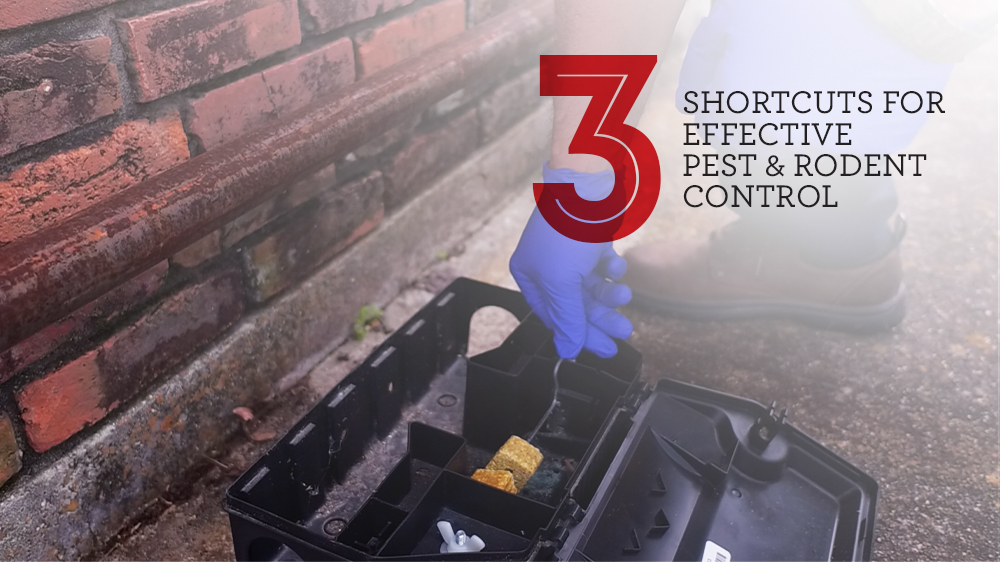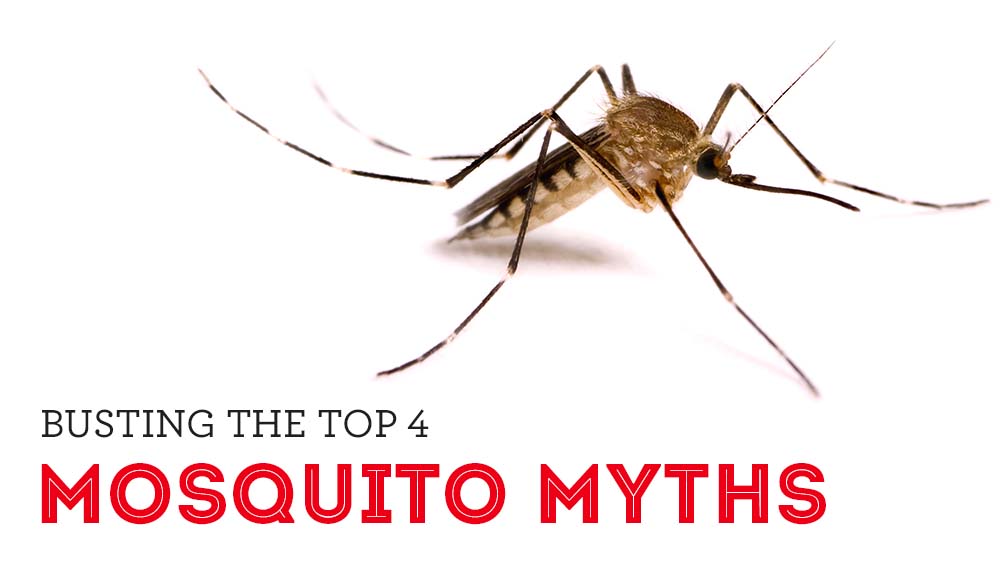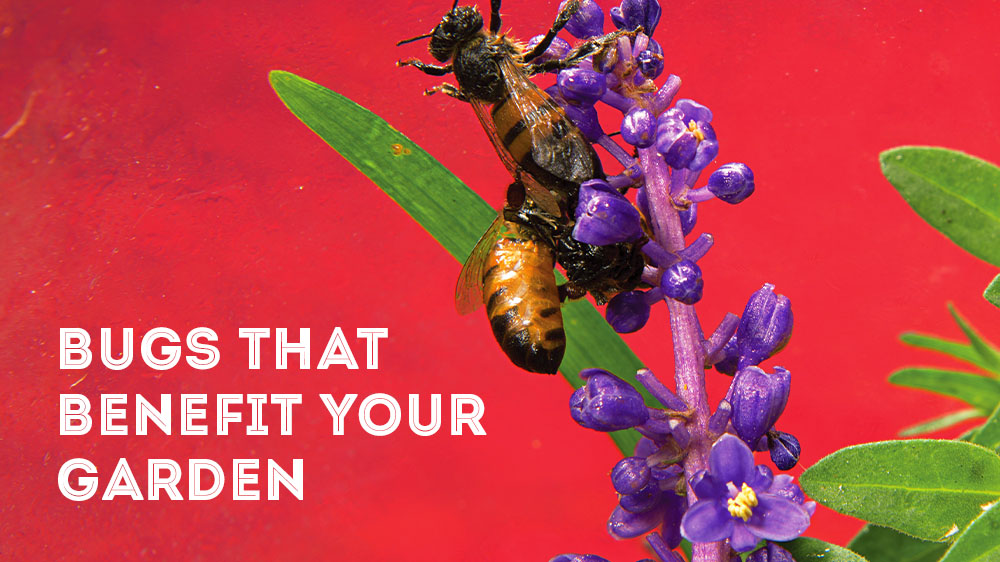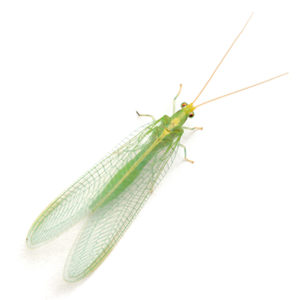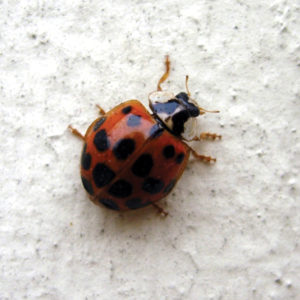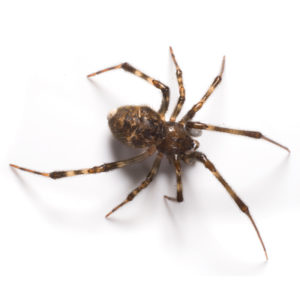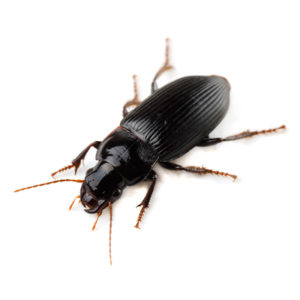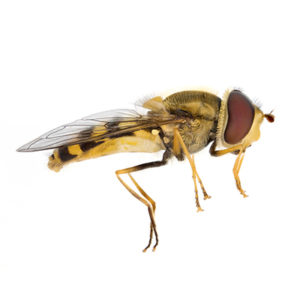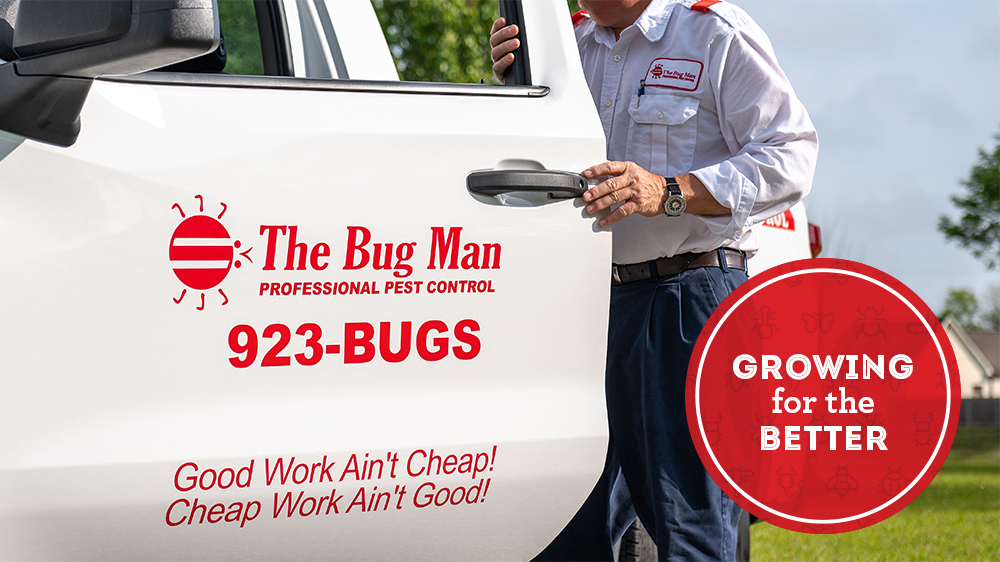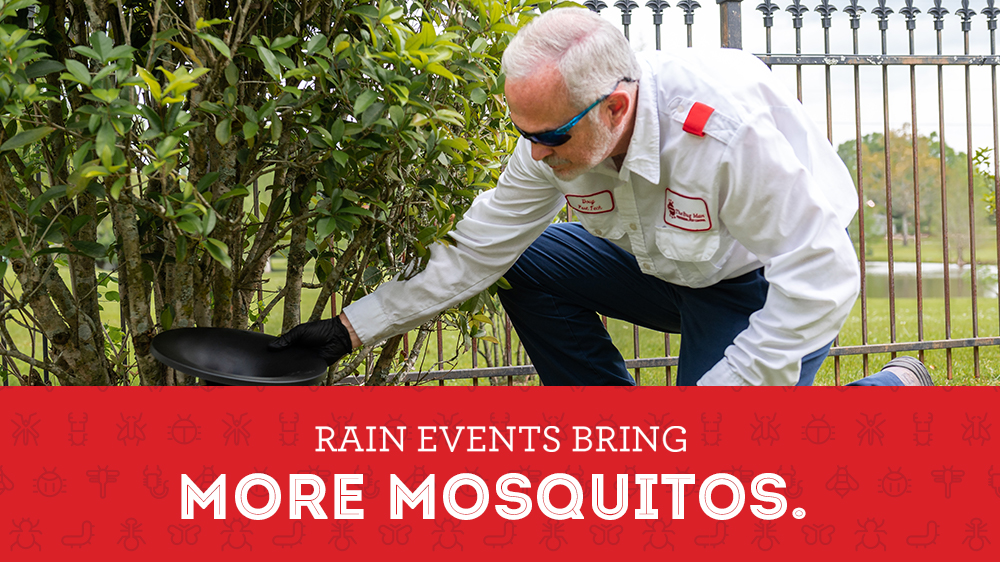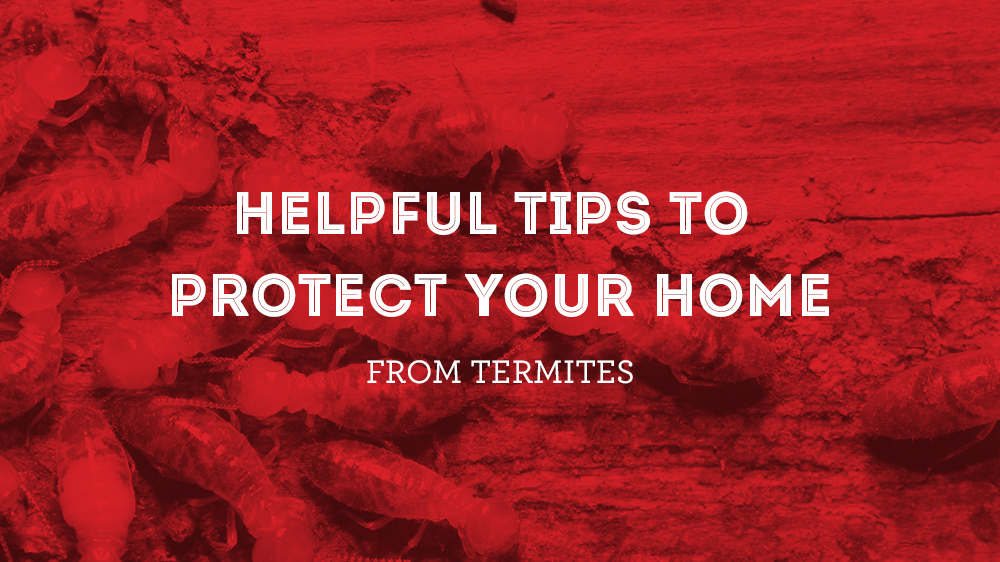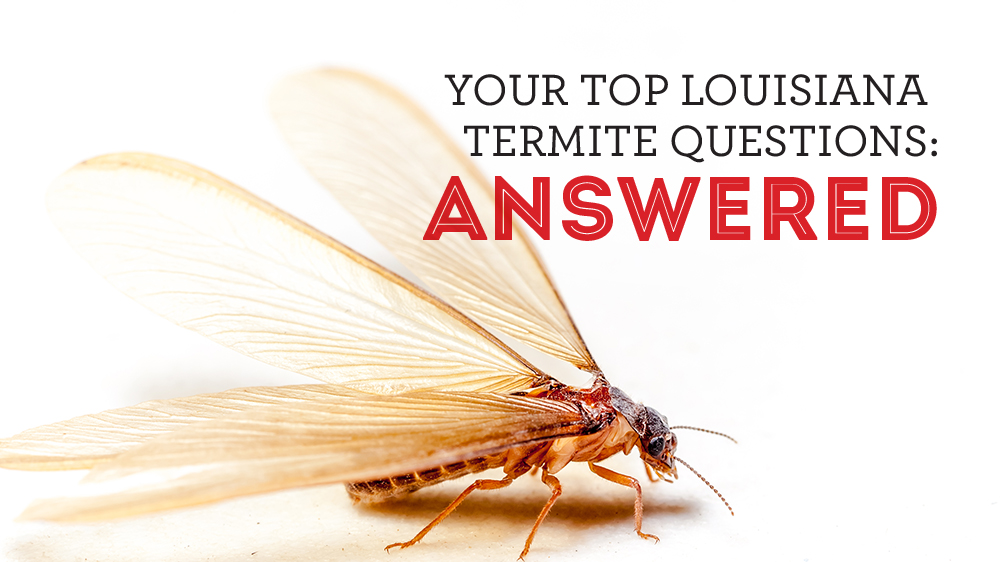
While spring may signify flowers blooming, gorgeous weather and crawfish season in Louisiana, it also marks the start of termite swarming season. For creatures so small, termites sure do have quite the reputation… and for good reason. They can cause upwards of $5 billion in home damage each year. While the south may be known for its hospitality, no one welcomes termites with open arms. Here are answers to some of the most frequent questions we get regarding termites and how to keep them out.
What types of termites are there in the Greater Baton Rouge area?
The two major types of termites in the Greater Baton Rouge area are the Formosan “super termites” and Native termites, which both fall into the Subterranean category. As the name suggests, Subterranean termites are attracted to moisture in both wood and soil, and you can often find them swarming when a really hot day follows a rainy day. Natives generally swarm beginning late in February or early March and Formosans will swarm around Mother’s Day weekend.
Are termites attracted to light?
Yes. Swarming termites, which fly in groups during reproduction, are attracted to outside lights at night. Once fertilized, these swarmers will bury into the ground, lose their wings and hunt for the perfect spot to start a new colony.
Do termites bite?
Yes, but good news for us – Their entrée of choice is wood. And they sometimes will eat other insects to protect their colonies. At the end of the day, if you suspect a termite infestation, you don’t need to worry about them hurting you; but you should definitely call a professional to treat the issue.
What are the signs of an infestation?
Common indicators of a termite infestation include wood that sounds hollow when tapped, cracked or bubbling paint, mud tubes on exterior walls, signs of droppings and/or a temporary swarm of winged insects in or around your home.
How do I get rid of termites?
We have an easy solution – Call The Bug Man. As the greater Baton Rouge area’s leader in termite protection, we have the expertise and innovative means to deliver the most cutting-edge treatment solutions. Contact us today to learn more about our termite control services.


